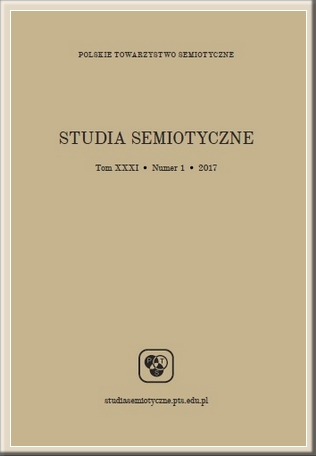Abstract
DOI: http://doi.org/10.26333/stsen.xxx.01
One of the key concepts of naturalized epistemology as well as the cognitive sciences that stem from it is the naturalized concept of mental representation. Within this naturalized concept, many attempts have been made to unify (for humans as well as for other living organisms) the notion of representation error. This text makes an attempt to argue against the adequacy of using a naturalized concept of representation error as well as casts doubt on the wide program of naturalizing concepts related to human conceptuality.
References
Dennett, D. (1969). Content and Consciousness. London: Routledge.
Dretske, F. I. (1986). Misrepresentation. In: R. Bogdan (Ed.), Belief: Form, Content, and Function (pp. 17–37). Oxford: Clarendon Press.
Kripke, S. (1982). Wittgenstein on Rules and Private Language. Cam-bridge, Mass.: Harvard University Press.
Millikan, R. G. (1989). Biosemantics. The Journal of Philosophy, 86(6), 281–297.
Millikan, R. G. (1984). Language, Thought, and Other Biological Catego-ries: New Foundations for Realism. Cambridge, Mass.: MIT Press.
Millikan, R. G. (1995). Pushmi-Pullyu Representations. Philosophical Perspetives, 9, 185–200.
Wittgenstein, L. (1953). Philosophical Investigations. Oxford: Blackwell Publishing.

